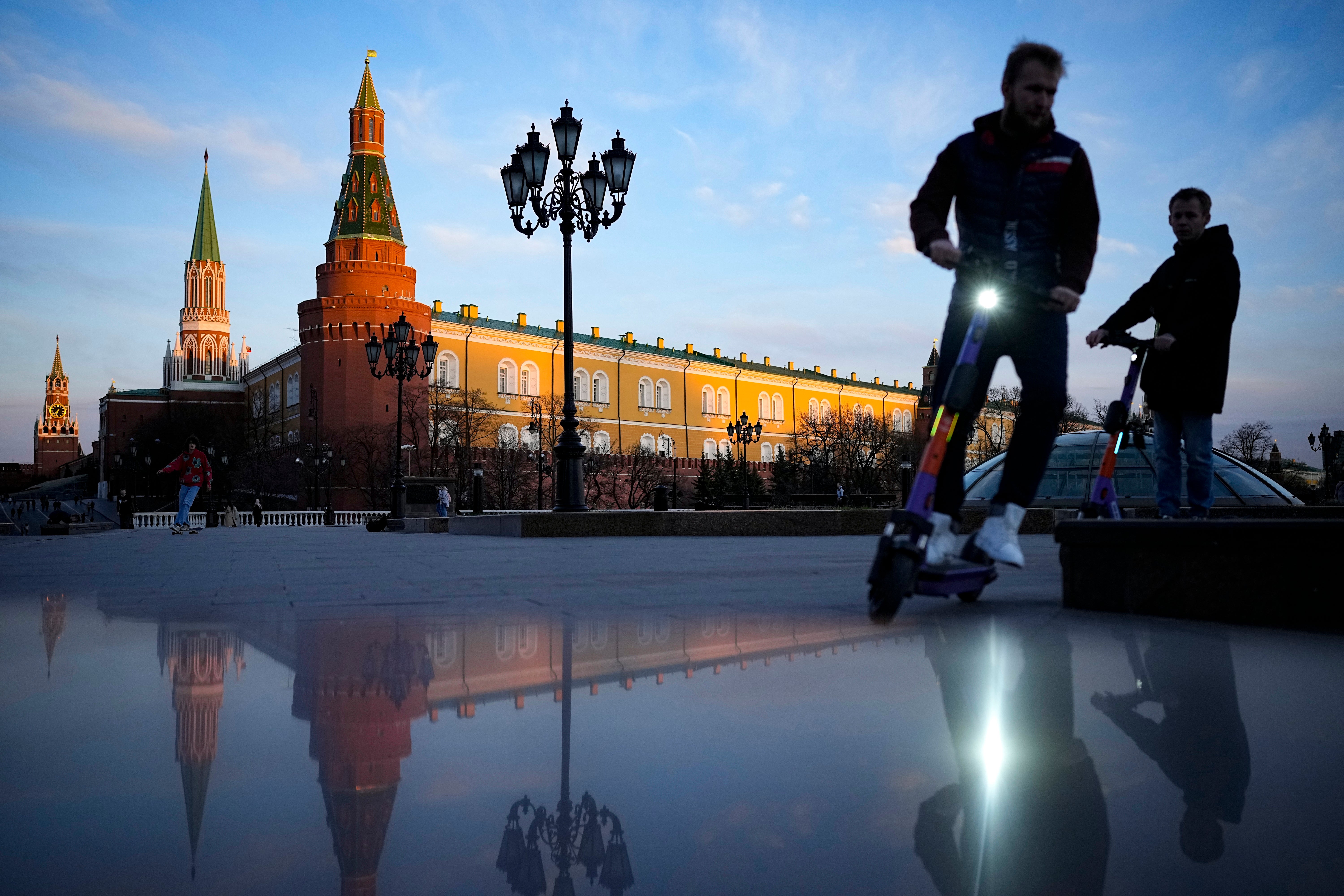What is the impact of Russia missing its debt repayments?
Moscow claims it has fulfilled its obligations – and it is not Russia’s problem if sanctions mean payment cannot be delivered, writes Ben Chapman


Russia is said to have defaulted on its international bonds for the first time in more than a century – after sanctions cut the Kremlin off from much of the global financial system.
The country has tens of billions of dollars of oil and gas revenues thanks to a surge in prices since the invasion of Ukraine in February. However, using that money to pay obligations outside of Russia has been made difficult by curbs on financial flows brought in by Western nations.
Some holders of Russian debt (bonds) reported not receiving scheduled interest payments on Monday after a deadline on Sunday. That puts Russia in default on its international bonds for the first time since the Russian Revolution of 1918. In 1998, Russia defaulted on domestic, rouble-denominated bonds
Russia was due to pay on 27 May and had a 30-day grace period which ran out on Sunday. Missed payments mean investors, including some funds that ordinary savers may have put cash into, will lose money. The amounts are likely to be small when taken in the context of any fund's overall portfolio. The missed payments are $100m (£81m) in interest on two bonds, one denominated in dollars and another in euros. A key roadblock is an order from the US Treasury Department’s Office of Foreign Assets Control, which in May cut Moscow off from making overseas payments.
Moscow says it has deposited the relevant payments required of it into an onshore account in Russia, and has therefore fulfilled its obligations. International transfers from this account have been blocked by payments company Euroclear due to sanctions. Vladimir Putin’s spokesperson, Dmitry Peskov, called the claims of default “absolutely unjustified” and said it was “not our problem”.
However, in the eyes of many observers, Russia has not done enough to satisfy the terms of its contract with bondholders, and will therefore be seen as being in default. We are still waiting for formal confirmation of default. This outcome has been seen as inevitable for weeks due to Moscow's financial isolation since the war began.
Further payments on Russia's $40bn of outstanding bonds are likely. Rodrigo Olivares-Caminal, chair in banking and finance law at Queen Mary University in London, said the legal position between Russia and its bondholders was complex, adding that clarity was needed on what constituted a discharge for Russia on its obligation, or the difference between receiving and recovering payments. “All these issues are subject to interpretation by a court of law,” said Olivares-Caminal.
Typically, missing payments on bonds would result in a country’s credit rating being downgraded. However, Russian debt is no longer rated by the major credit ratings agencies such as Moody’s and S&P. President Putin has sought ways out of looming default by stating that Russia would pay its international obligations in roubles, instead of dollars or euros.
Join our commenting forum
Join thought-provoking conversations, follow other Independent readers and see their replies
Comments
Bookmark popover
Removed from bookmarks